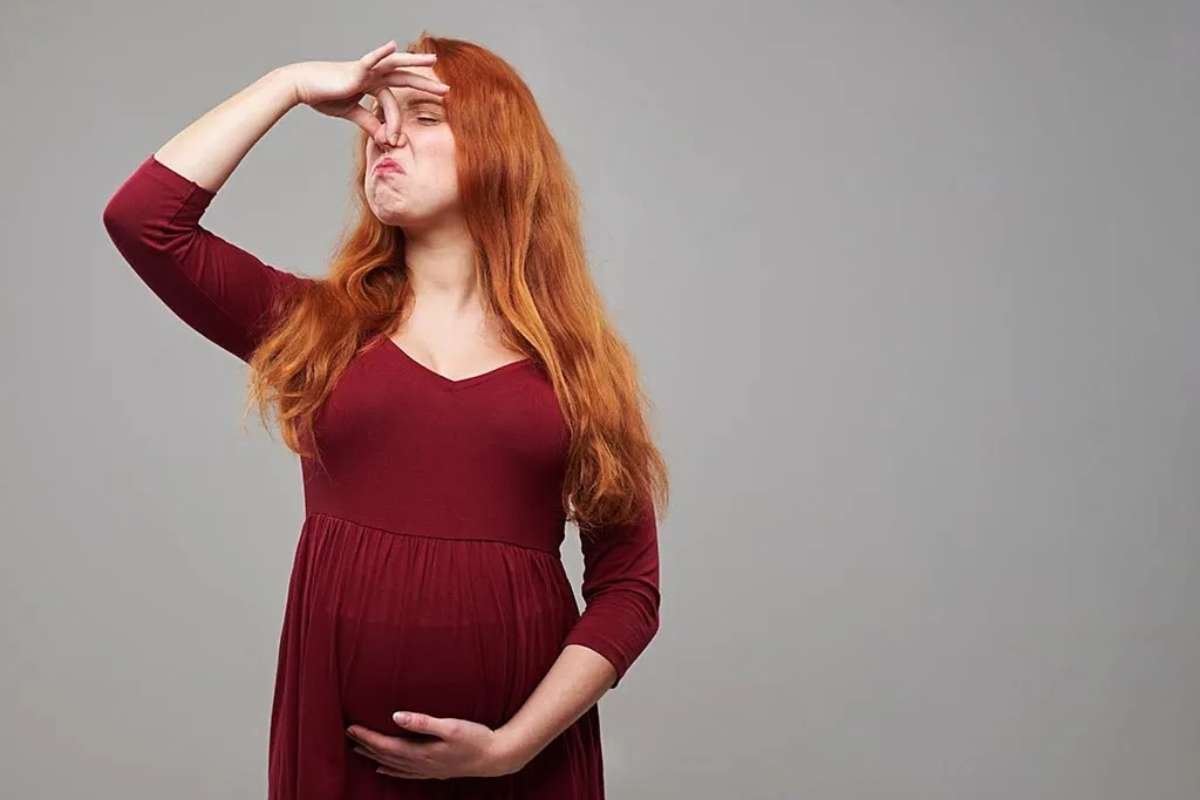Pregnancy is a transitional phase that involves all the physiological changes, sometimes expected, in some cases, being less expected. Some such changes might send shivers down their spines. One of them is black stool in pregnancy. Dark stools can be a sudden and alarming discovery for many expecting mothers.
Understanding the possible causes and implications will make them feel more at ease and determine whether or not they should seek medical care.
What Causes Black Stool in Pregnancy?

Black stool in pregnancy may result from various factors, ranging from harmless dietary influences to underlying medical conditions. Here are some of the most common causes:
1. Iron Supplements
Iron supplements are commonly prescribed during pregnancy to prevent anemia, a condition caused by a deficiency of red blood cells. The supplements usually make the stool turn black because they excrete unabsorbed iron, a common and harmless side effect.
2. Dietary Factors
Some foods cause black stool in pregnant women. An excess of foods with dark colors, such as blueberries and black licorice, will lead to transient alterations in the color of stools. Foods high in iron are also a possibility.
3. Gastrointestinal Bleeding
More severe causes of black stool in pregnancy include GI bleeding. Such bleeding may be a result of ulcers, gastritis, or esophageal varices. When blood from the upper GI tract is digested, it acquires a black color, and stools become tarry or melena. As such, it requires urgent medical attention.
4. Medications
Some medicines, like Pepto-Bismol (bismuth subsalicylate), as well as some anticoagulants, may lead to black stool. Pregnant women must always consult with the doctor before taking any medicine.
5. Hemorrhoids
Hemorrhoids are another common condition that occurs due to the pregnancy. Sometimes in such conditions, due to tiny hemorrhages from distended vessels within the rectal region, dark stools may occur.
6. Digestive Disorders
Other conditions that might cause black stool include Crohn’s disease, ulcerative colitis, or infections of the stomach and intestines. It is important to see a doctor if dark stools are accompanied by symptoms such as pain, nausea, or weight loss.
Is Black Stool in Pregnancy Harmful?
Most black stools during pregnancy are benign, especially when associated with iron supplements or diet. On the other hand, some symptoms point towards a more serious underlying cause. If the black stool is tarry, foul-smelling, or linked with other concerning symptoms, then it may be indicative of internal bleeding and thus needs to be clinically evaluated by a doctor promptly.
Alarms to Observe
- Chronic black stool lasting for more than some days without any obvious cause.
- Abdominal cramping or pain.
- Dizziness, fainting, or symptoms of anemia such as pale skin and tiredness.
- Vomiting blood or coffee grounds.
- Blood in the stool may appear bright red or dark maroon.
When to Seek Medical Attention?
Pregnant women experiencing black stool alongside other troubling symptoms should contact their healthcare provider without delay. Even if black stool appears to be linked to iron supplements, discussing any digestive changes with a doctor ensures that no underlying issues are overlooked.
Diagnosis and Tests
A doctor may recommend several tests to determine the cause of black stool in pregnancy, including:

- Stool Tests: To check for hidden (occult) blood.
- Blood Tests: To check for anemia or infections.
- Endoscopy: If GI bleeding is suspected, a camera examination of the stomach and esophagus may be required.
- Imaging Tests: In some cases, ultrasounds or MRIs can help evaluate internal health conditions.
Management and Prevention of Black Stool in Pregnancy
Some causes of black stool in pregnancy are inevitable, but some ways to manage and prevent it:
1. Iron Supplement Intake Adjustment
If iron supplements are uncomfortable or cause gastrointestinal upset, a physician may increase the dose or switch to a sustained-release formulation of iron.
2. Diet Changes
Tracking dietary intake and minimizing dark-colored foods can determine if food is the culprit behind black stools.
3. Hydration
Fluid intake is important to digest food properly and avoid constipation, which can be a cause of GI problems.
4. Control Acid Reflux and Ulcers
Pregnant women prone to acid reflux or ulcers should avoid spicy and acidic foods and consult their doctor for safe antacids.
5. Seek Prompt Medical Advice

If the black stool is persistent or accompanied by other symptoms, seeking medical guidance can help diagnose and treat any underlying issues early.
Conclusion
Black stool in pregnancy is alarming, but it is usually harmless if it is related to iron supplements or dietary changes. However, if it is accompanied by alarming symptoms such as dizziness, abdominal pain, or vomiting blood, immediate medical attention is necessary. Expecting mothers should always communicate any unusual symptoms to their healthcare provider to ensure a safe and healthy pregnancy. Staying informed and proactive about health changes is key to maternal and fetal well-being.







